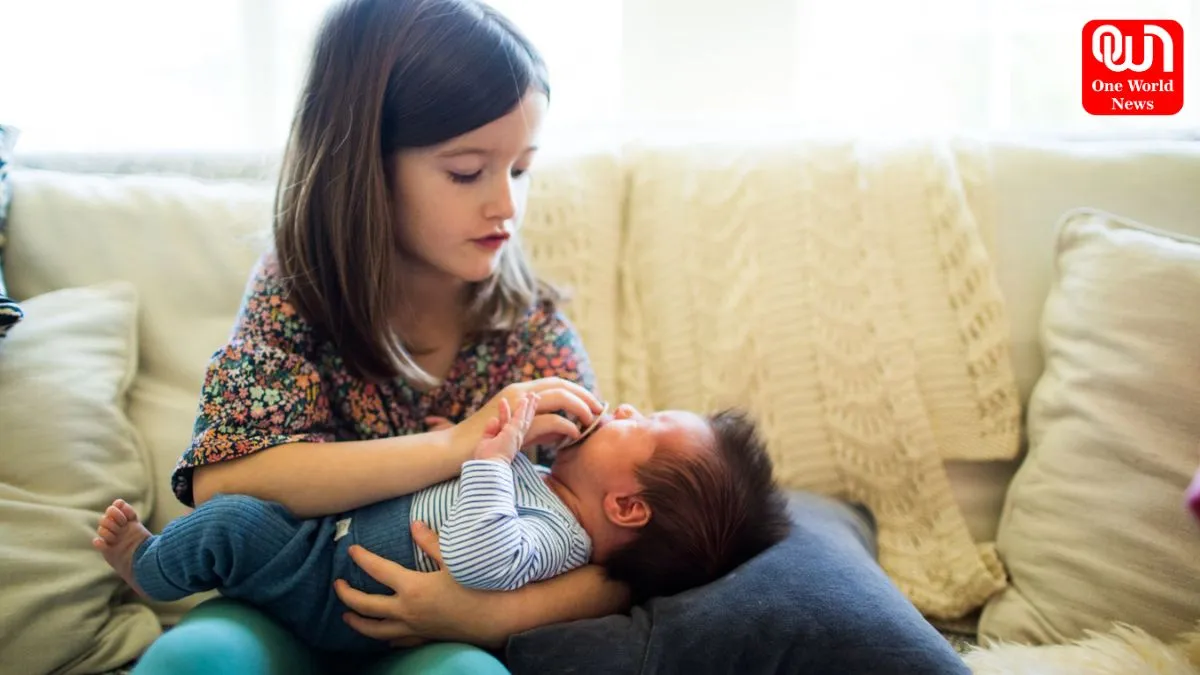Understand Eldest Daughter Syndrome and its impact on relationships
Understanding Eldest Daughter Syndrome is crucial for acknowledging the unique challenges faced by eldest daughters.
The weight of being an elder daughter: What is Eldest Daughter Syndrome and its impact on relationships
Ever since childhood, it is natural for the first-born child, especially a girl, to have distinctive obligations to perform within her family, which in their turn influence her personal development as well as the relationships between the family members. This exists as a norm that is commonly referred to as the “Eldest Daughter Syndrome” that shows the stress and emotional responsibilities enfrentated by most elder daughters.

Read more –Long distance relationship : Discover 5 ways to stay connected
Eldest daughters are usually regarded as the second parent after the mother or as the mother herself who is supposed to take care of the younger siblings and do the housework. It is important to note that this role is neither always formally prescribed within the sphere of a family’s functioning, but rather slips into the DNA of a family framework. The expectations and demands to be an example to set and a responsible person cause the experience of stress and anxiety. From the childhood period, eldest daughters may have to act to other family members’ needs, thus, embracing what may be perceived as a selfless nature, in their adulthood.
Eldest Daughter Syndrome affects relationships and can be noticed not only in the relationships within the family members but also in other spheres of the girl’s life. In the family set-up, the first born female child may suffer from resentments because she feels like she is taken for granted. She could also feel unreasonable in decisions such as when she requires dictation of power to others or delegation, this strains the relation between siblings.
Read more –Notable Relationship Problems Millennials Face And How To Fix Them?
The personality which has been shaped during the years as an eldest daughter in the family may be more of a blessing more often than not in romantic and other social relations: responsibility, care, natural inclination to leadership may be a virtue and at the same time – a drawback. As useful as all these traits are, they also entail one to have a problem when it comes to expressing or availing vulnerability. This leads the eldest daughter to becoming more likely to involve herself in relationships where she is likely to revert to the daughter caretaker type, thus becoming involved in imbalanced relationships.
That is why it is important to recognize and accept the fact that eldest daughters experience certain difficulties, studying the sources of these heard feelings. Thus, plotting such dynamics can help families improve their interactions, ensuring that the eldest daughter does not stay imprisoned within a particular role and conforms to the desired pattern.
We’re now on WhatsApp. Click to join
Like this postRegister at One World News to never miss out on videos, celeb interviews, and best reads.








